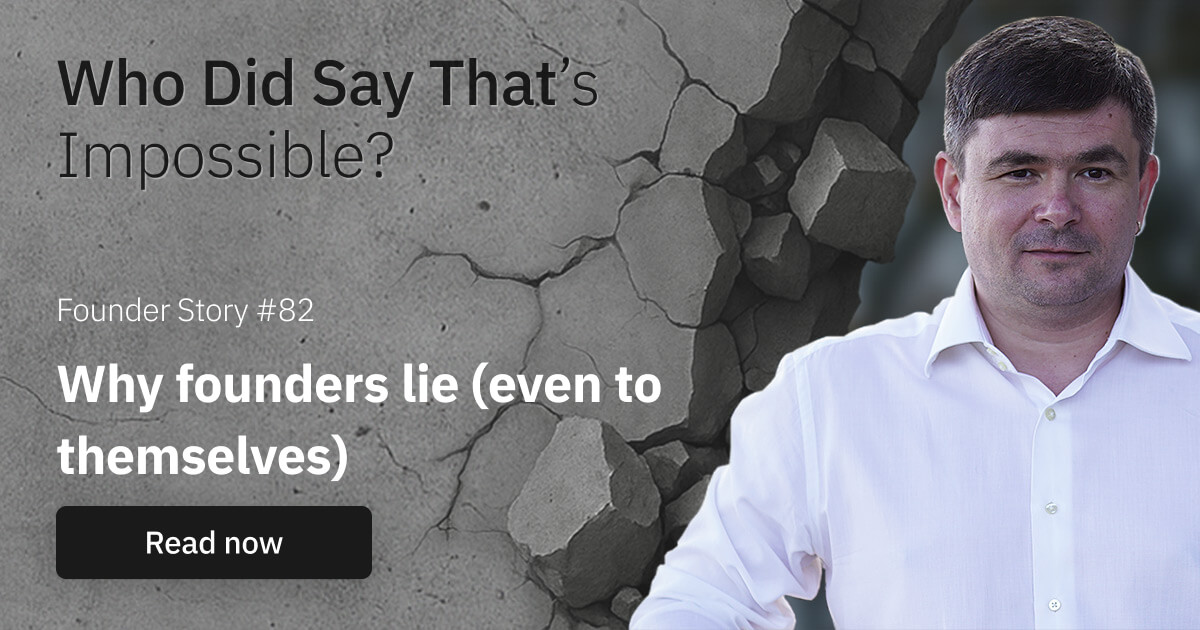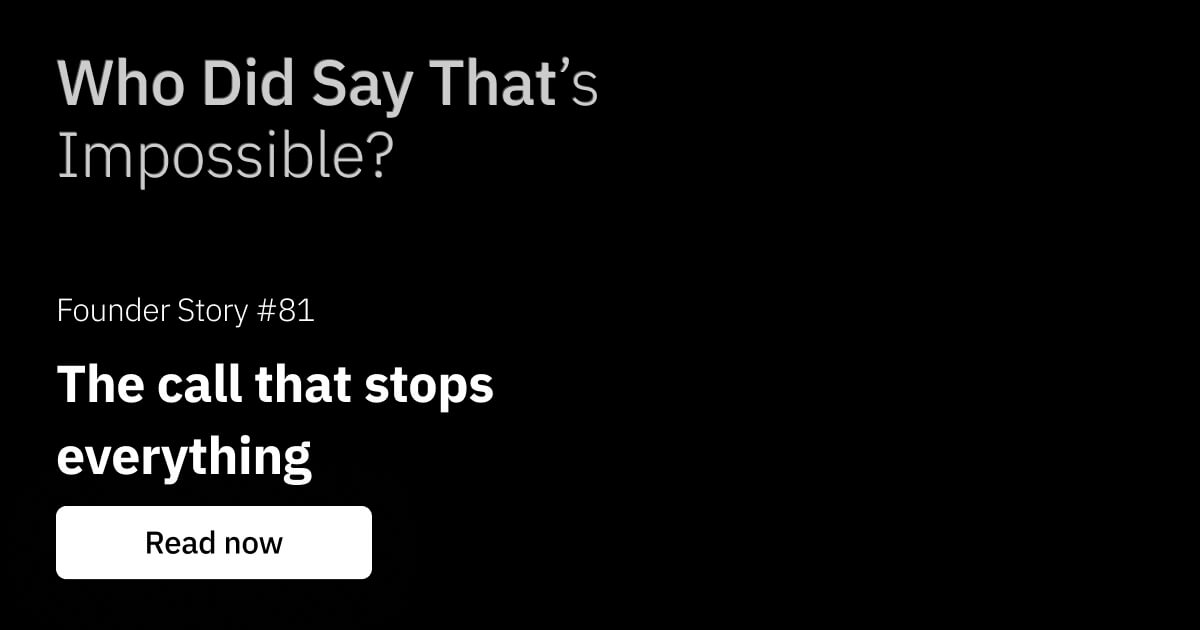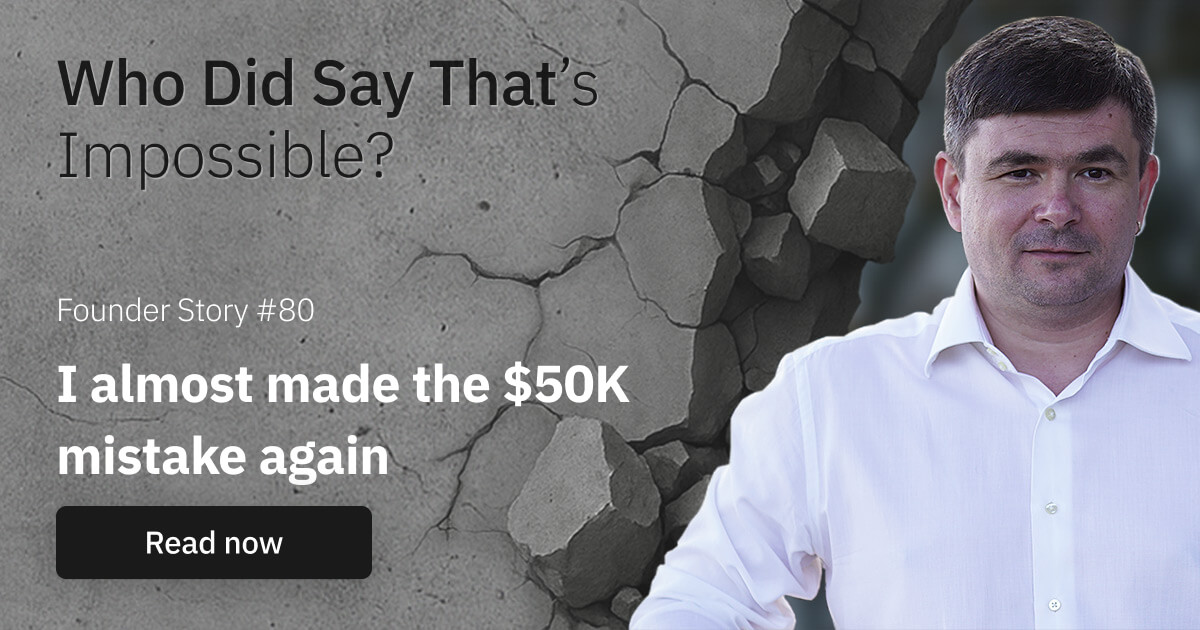The Strength You Didn’t Want — But Needed
Or minute of cracking, and staying unbroken.
I used to think growth came from planning.
From the right strategy. The right product. The right offer.
But when I look back at every leap in my business — none of them started from a spreadsheet.
They all started from a collapse.
Not the kind that looks poetic in hindsight.
The kind where your gut sinks. You can’t sleep. You think it’s over.
Pain as a Catalyst
They say we only change when it really hurts.
And I’ve come to believe that’s true.
It’s easy to look at successful founders and think they just climbed steadily — strategy, grit, talent, maybe a sprinkle of genius.
But most of their stories?
You’ll never hear the real version.
You’ll hear the neat, polished one — told years later, after the fear wore off.
When the lesson’s been digested. When the win makes it all look tidy.
What you won’t hear is what it felt like in the middle.
When it looked like the end.
The Hits That Didn’t Break Me
I’ve had partners walk out and take the team with them.
I’ve had people I trusted — people I saw as future co-founders — show their true face.
I’ve had months where the only move that made sense was to fire good people…
...so I wouldn’t lose everything.
And there were long stretches when I couldn’t answer the most basic question:
“What the hell am I doing?”
Those moments made me cynical. Business will do that if you let it.
It erodes softness, burns bridges, and makes trust feel risky.
But with time, something else started to grow.
Not inspiration. Not clarity.
Endurance.
I learned how to sit with discomfort.
I learned how to hold the pain and still keep moving.
And little by little, that became my unfair advantage.
Every Scar a System
After every major crisis, I built something that made me stronger.
- When a partner vanished — I started thinking like a lawyer. Clean contracts. Better protections.
- When our accounts were frozen — I learned budgeting, diversification, risk control.
- When we lost our biggest client — I built a knowledge management system to protect company IP when people leave.
- When I was paralyzed with self-doubt — I finally realized I needed to stop “winging it” and start designing real systems.
Every hit turned into a foundation stone.
I didn’t see it that way at the time. I just wanted the pain to stop.
But looking back — those cracks became the structure.
Antifragile, Not Invincible
Taleb calls it “antifragility”: Not just surviving chaos, but getting stronger because of it.
But only if it comes in waves. Not in endless, grinding burnout.
Chronic stress breaks you.
But acute stress, it transforms you.
That’s how I try to look at challenges now.
Not as the enemy, but as a sign.
A signal that something must evolve.
If you’re in that place now — the pain, the chaos — you don’t need to pretend it’s noble. It’s awful.
But it’s also a forge.
The only thing worse than hitting the wall is not learning from it.
Disclaimer.
Every business has its nuances, and every founder has their unique context and resources. Whether or not my advice applies depends on your situation, experience, and needs. But one thing is universal—use your brain.
Think about how to apply the advice in your context before acting.
Your way.
- Eugene
Join the “most offbeat” Businessletter on entrepreneurship.

Hi, I’m Eugene.
20 years later — 80 people, 3 continents, 7-figure revenue.
But for many years, I was the bottleneck in my own business.
Now I help founders escape the same trap. Through systems that actually work, not theory.
I write weekly: operational war stories, decision systems, and lessons learned the hard way.
For founders who want to build without burning out.
More Stories
Founder Stories

Why founders lie (even to themselves)
Or minute of freedom that comes after you exit

The call that stops everything
Or minute of realizing your business isn't ready for this


